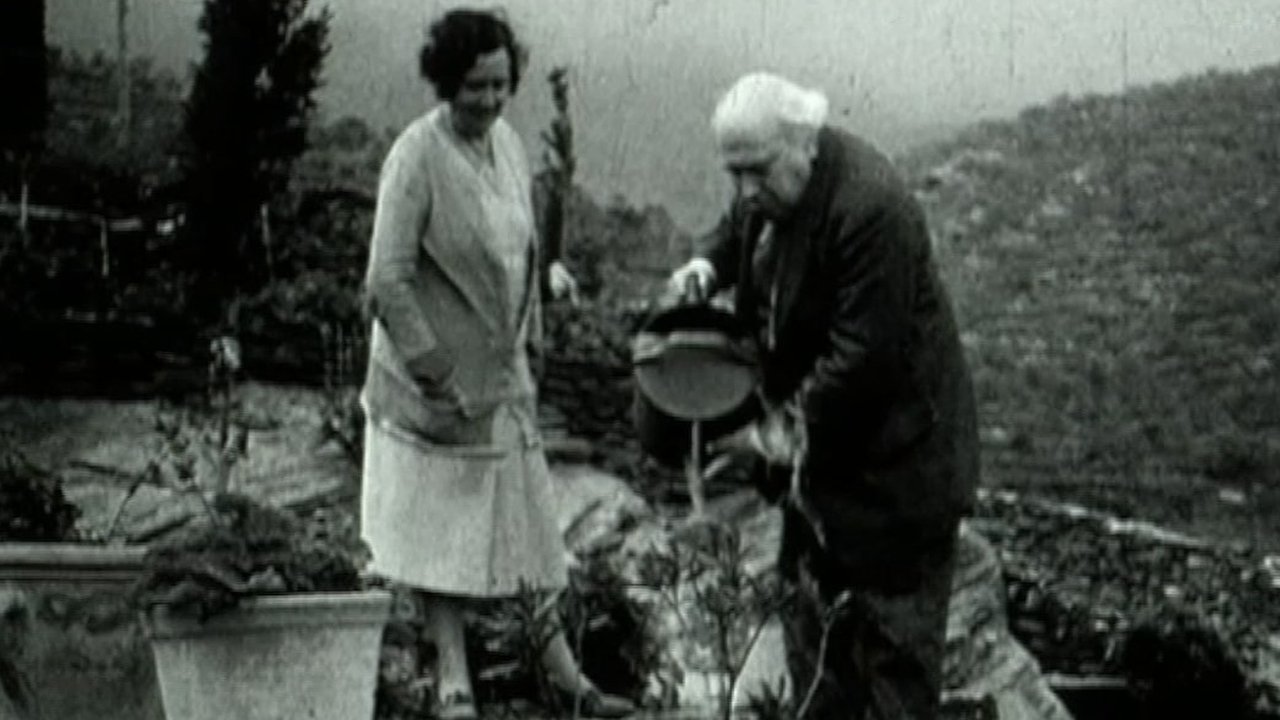
Eating Sea Urchins (2000)
A surrealist home movie, filmed by Luis Buñuel in Cadaqués in 1930, focusing on Salvador Dalí's father and his wife.

A surrealist home movie, filmed by Luis Buñuel in Cadaqués in 1930, focusing on Salvador Dalí's father and his wife.
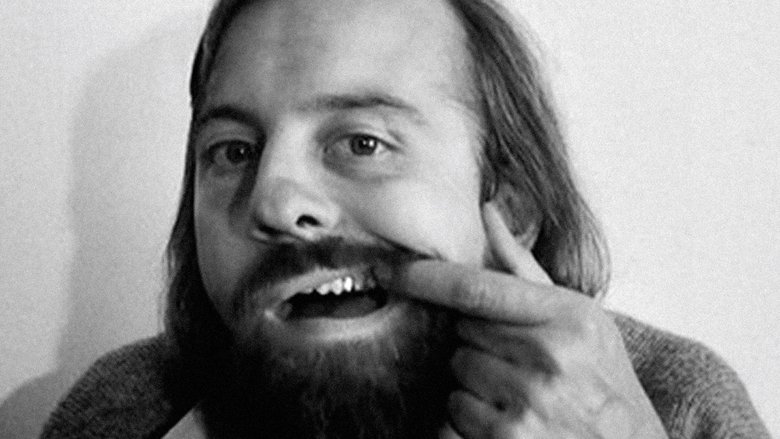
Bananas, eggs, and tuna: three basic foodstuffs with three wildly different points of origin. Moullet begins with these on his plate but constructs his film by working backwards and finding the sources for these items and how they reach our plates. As Moullet’s investigation deepens, however, the film moves beyond the confines of a simple exploration of food origins into more political and social realms, not only relating to food but also to the medium of film.
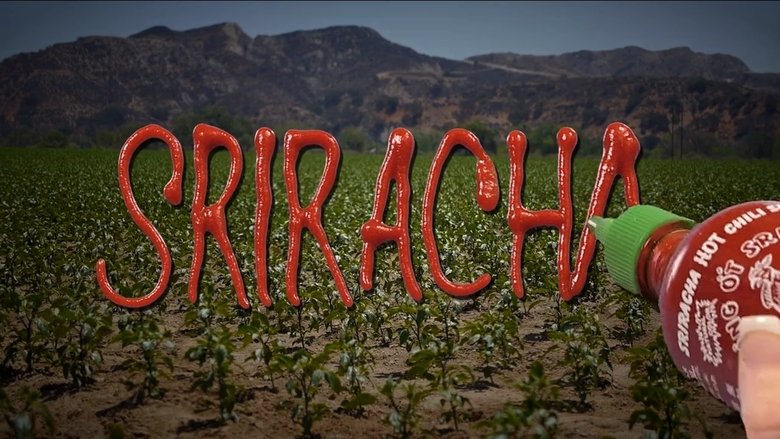
Sriracha has earned a cult following, but the story of this spicy sauce is a mystery to most fans. Dedicated to Sriracha lovers, this fast-paced documentary travels around the globe to reveal its origin and the man behind the iconic 'rooster sauce.'
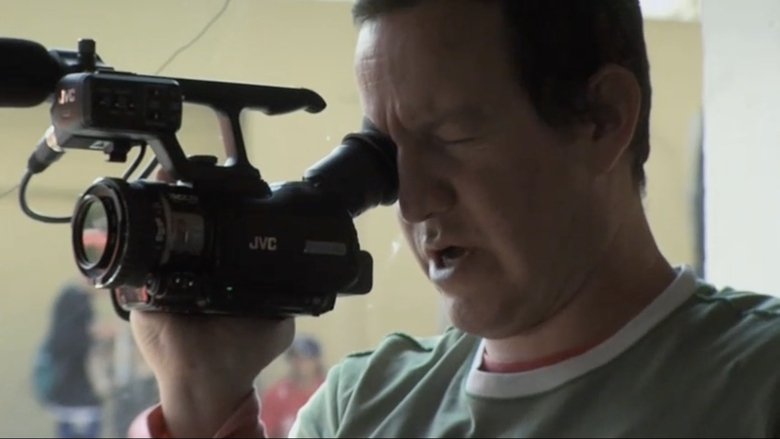
Is there an audience for Latin American movies? These are some of the questions posed by an Ecuadorian filmmaker whose latest movie was a commercial flop. He embarks on a query to find answers to his questions and relief for his despair. His research leads him to a giant contraband market in the port city of Guayaquil, where pirated movies from all over the world are sold for one dollar each. Here, he discovers a number of Ecuadorian low budget movies produced by amateurs, with titles he had never heard of before: from action packed productions to evangelical melodramas.
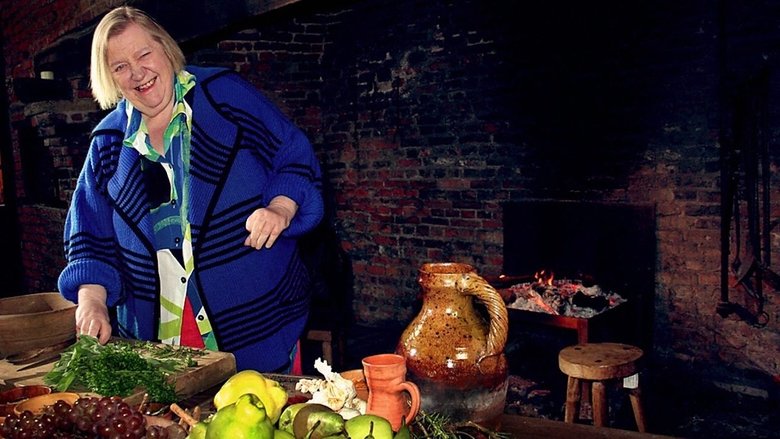
Clarissa Dickson Wright tracks down Britain's oldest known cookbook, The Forme of Cury. This 700-year-old scroll was written during the reign of King Richard II from recipes created by the king's master chefs. How did this ancient manuscript influence the way people eat today? On her culinary journey through medieval history she reawakens recipes that have lain dormant for centuries and discovers dishes that are still prepared now.
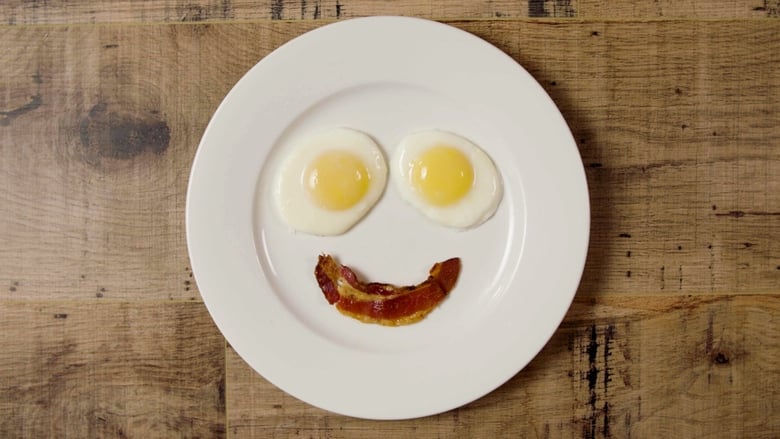
Leading health experts examine the history of the U.S. Dietary Guidelines and question decades of dietary advice insisting that saturated fats are bad for us.
Restaurateurs, musicians, politicians-everyone loves hummus. A story of faith, community, and growth is told through the lens of a dietary staple and superfood, hummus! This documentary shows how food can bring people together.
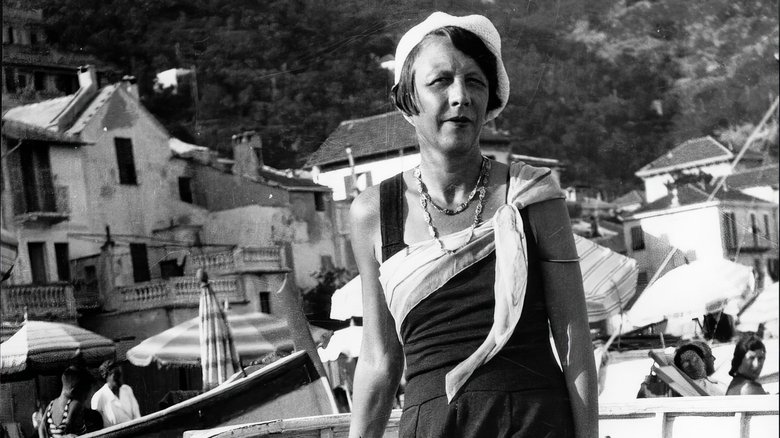
Documentary about the artists Sigrid Hjertén and Isaac Grünewald.
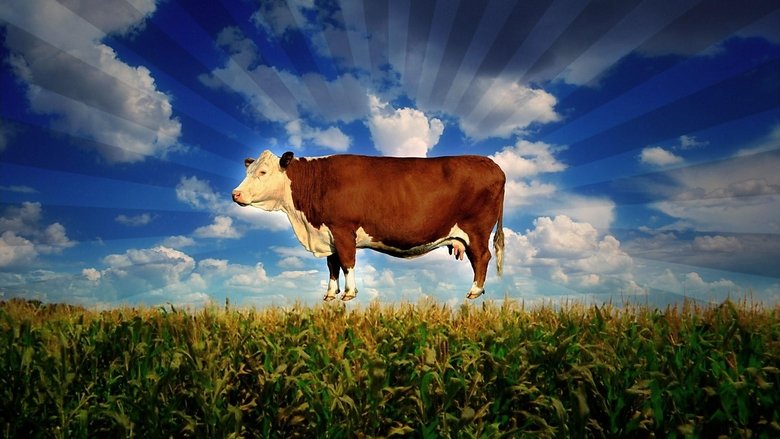
Documentary filmmaker Robert Kenner examines how mammoth corporations have taken over all aspects of the food chain in the United States, from the farms where our food is grown to the chain restaurants and supermarkets where it's sold. Narrated by author and activist Eric Schlosser, the film features interviews with average Americans about their dietary habits, commentary from food experts like Michael Pollan and unsettling footage shot inside large-scale animal processing plants.
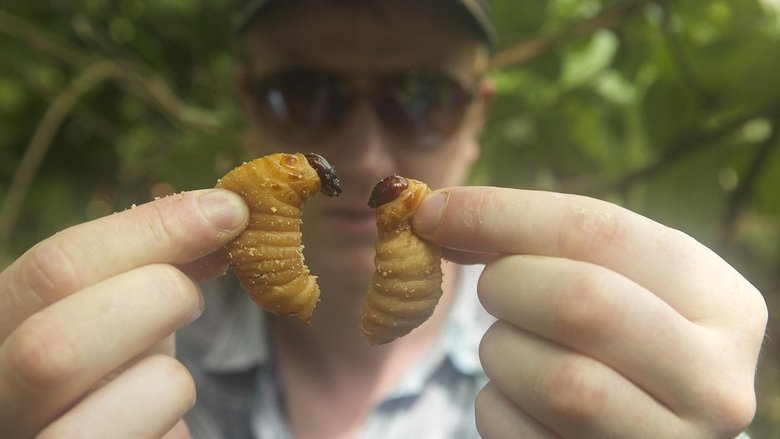
Although scientists and agribusiness have started touting edible insects as the future of sustainable food, the notion of eating bugs hasn’t exactly gained much popularity among the general public. Head Chef Ben Reade and Lead Researcher Josh Evans from the Nordic Food Lab in Denmark are looking to change that. With a focus on food diversity and deliciousness, they set out on a globe-trotting mission to take on the politics of the palate, sampling grubs in the Australian outback, pillaging giant wasp nests in Japan and attending food expos where entrepreneurs pitch their flavorless farmed crickets. Along the way, they put their own haute cuisine spin on local insect delicacies, whipping up dishes like cricket and grasshopper ravioli, maggot cheese gelato and bee larva ceviche.
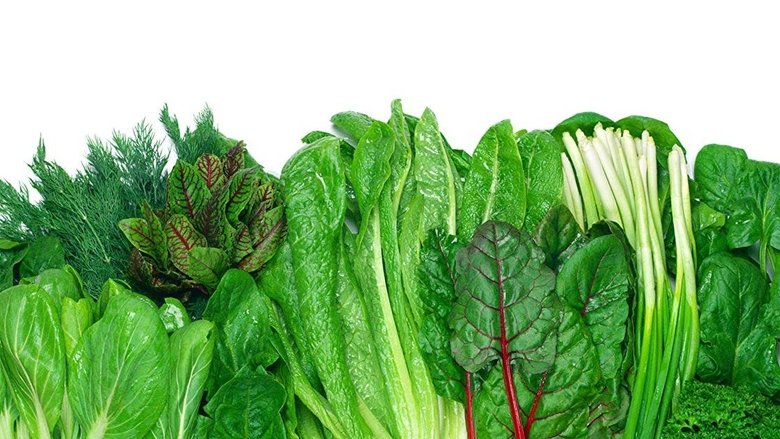
Over 4 hours of crucial video. Diagnosed with high cholesterol, Craig McMahon took control of his health and beat his genetic fate by consuming a whole plant-based diet inspired by Doctors Campbell, Esselstyn, Greger and McDougall. Certified by Cornell in plant nutrition, Craig asks experts hard science questions and creates delicious healthy meals in his kitchen based from years of research.
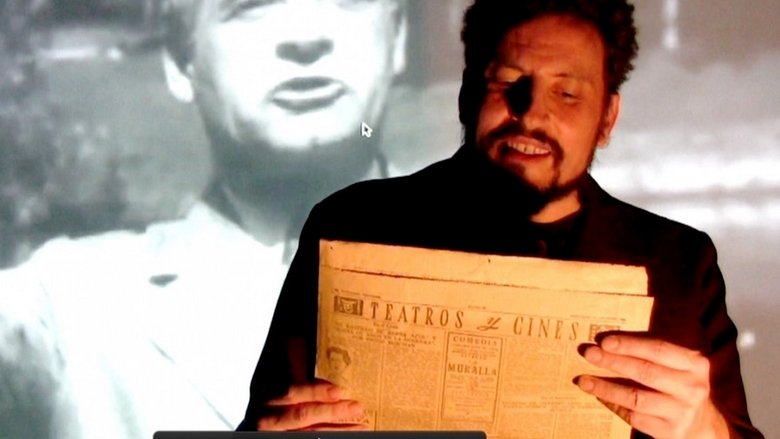
A collective effort about the recent history of Spain. A distorting mirror, a radiography, a rotten but exquisite corpse: the blood, the sweat, the dandruff of a country in the shape of a large and extended bull skin. A parade of freaks. The ridiculous independence of the upstairs neighbor, the sovereignty demanded by an insane parrot prisoner in its open cage. Football, potato omelette, kings and safaris. Things not to do again. Guerrilla cinema. Hysteria of Spain.
Nazi propaganda film about the Condor Legion, a unit of German "volunteers" who fought in the Spanish Civil War on the side of eventual dictator Francisco Franco against the elected government of Spain.
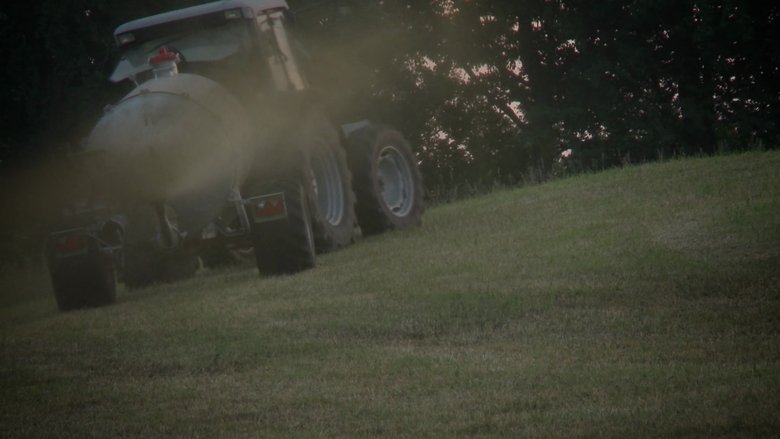
H.O.P.E. is a life-changing documentary uncovering and revealing the effects of our typical Western diet high in animal-based foods. It contrasts the limited interests of the pharmaceutical and agricultural industry with the all-encompassing interests of living beings on this planet and with the power of responsible consumer action. H.O.P.E. is an urgent call to action to all of us to commit to a change towards sustainability and safeguarding our living environment.

A documentary that exposes the shocking truths behind industrial food production and food wastage, focusing on fishing, livestock and crop farming. A must-see for anyone interested in the true cost of the food on their plate.
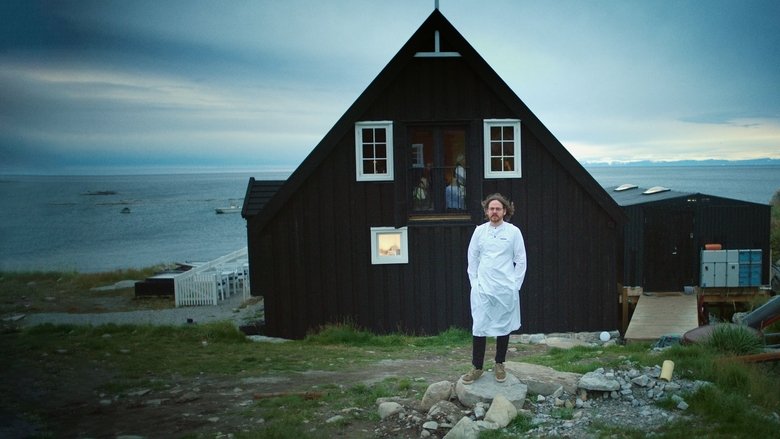
The meals based on indigenous ingredients and sustainability at the forefront. Project managers are soon faced with problems ranging from sourcing ingredients to staffing a high-end restaurant in a location inhabited by only 53 people.
How safe is the future of the world’s food? This documentary explores a growing crisis in world agriculture. Plant breeding has created today’s crops, which are high yielding but vulnerable to disease and insects. To keep crops healthy, breeders tap all the genetic diversity of the world’s food plants. But that rich resource is quickly being wiped out. (NFB)
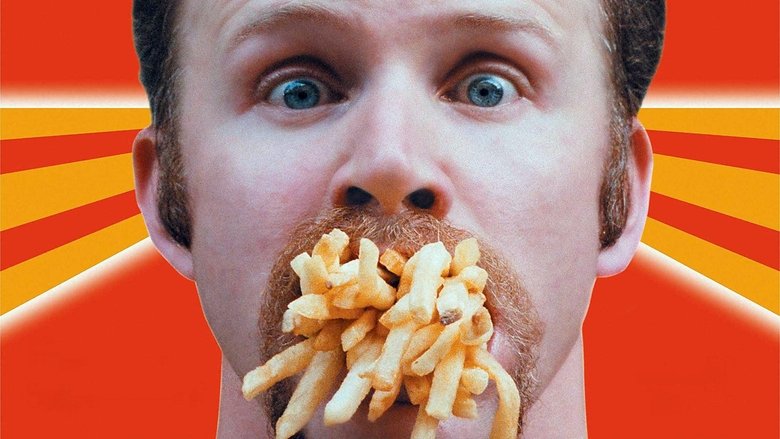
Morgan Spurlock subjects himself to a diet based only on McDonald's fast food three times a day for thirty days without exercising to try to prove why so many Americans are fat or obese. He submits himself to a complete check-up by three doctors, comparing his weight along the way, resulting in a scary conclusion.
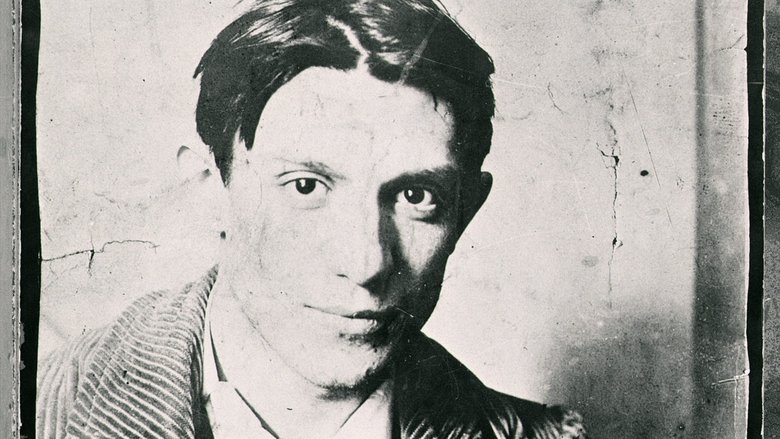
Pablo Picasso is one of the greatest artists of all time - and right up until his death in 1973 he was the most prolific of artists. Many films have dealt with these later years - the art, the affairs and the wide circle of friends. But where did this all begin? What made Picasso in the first place? Too long ignored, it is time to look at the early years of Picasso; the upbringing and the learning that led to his extraordinary achievements.
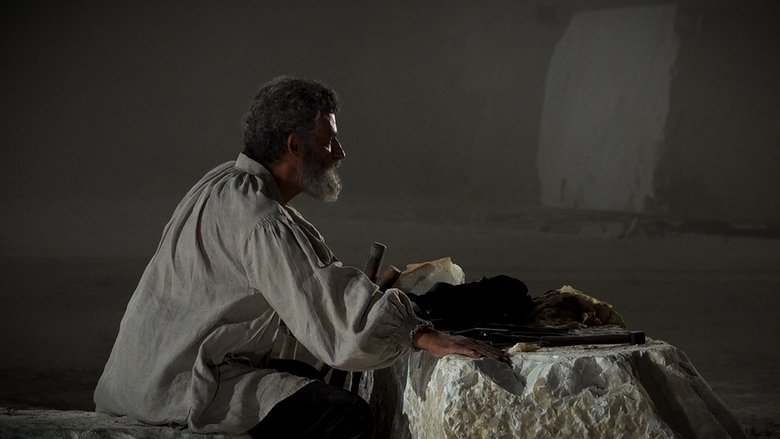
A painter recounts the life of Michelangelo.